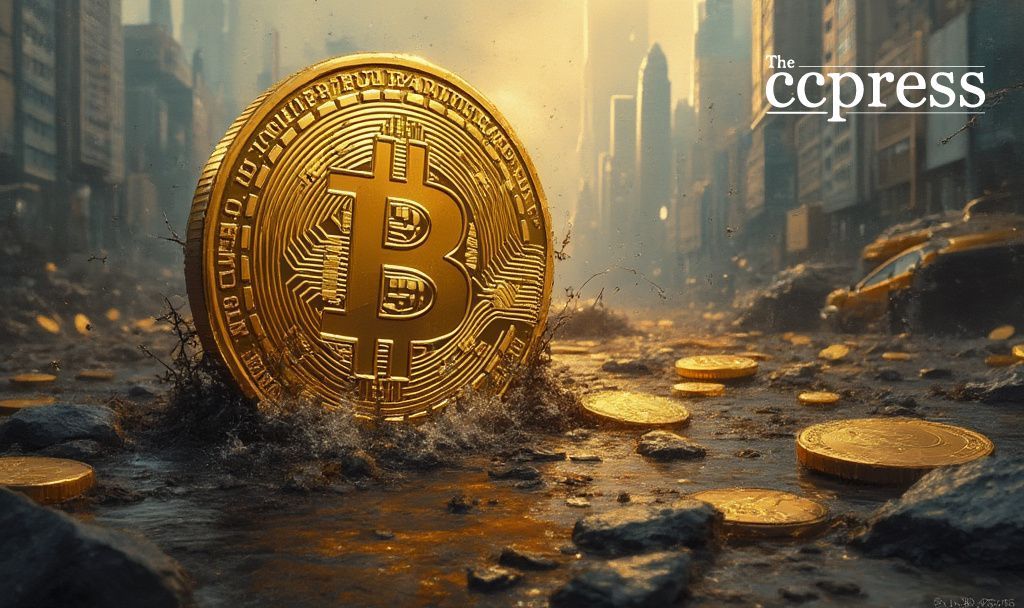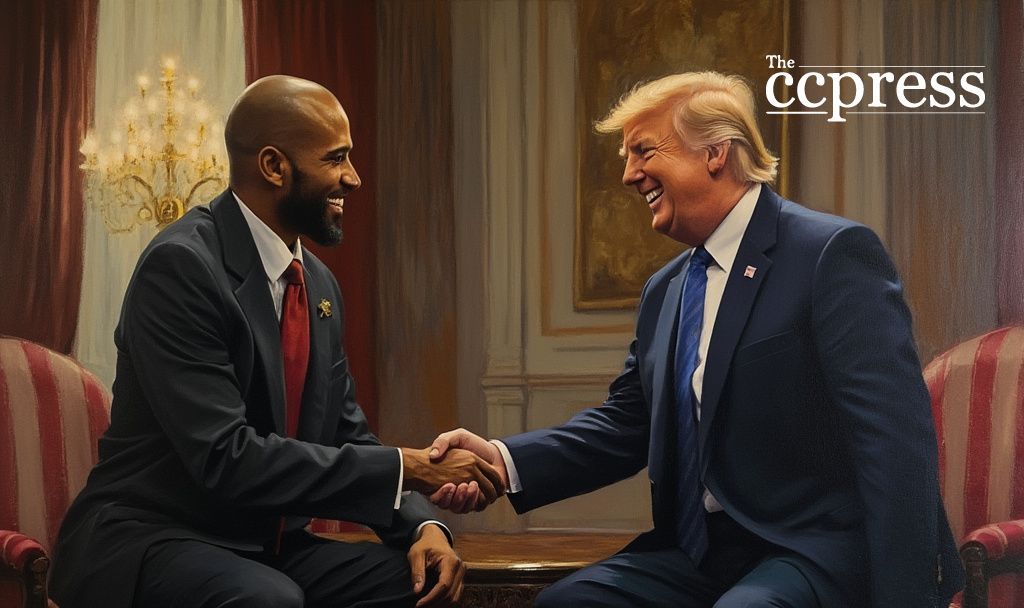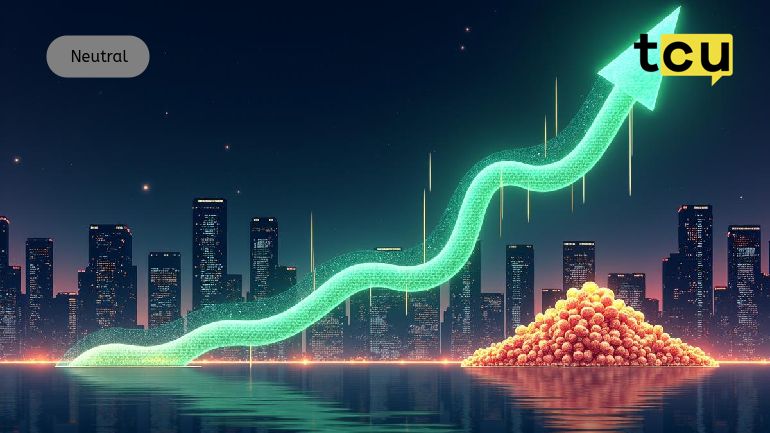TIA rose more than 30%, and Celestia founder wrote a sovereign chain declaration
Original title: " Blockchains as sovereign communities: a manifest"
Original author: Mustafa Albasan, founder of Celestia
Original translation: Ismay, BlockBeats
Editor's note: Today, Celestia's native token TIA has risen from the bottom of $9 to nearly $12, an increase of more than 30%. Last night, Celestia founder Mustafa published an article on sovereign blockchains in the official forum, expounding on his views on blockchain technology empowering communities to achieve sovereignty through self-organization and collective action. This technological innovation has enabled the emergence of new social and economic models, and sovereign aggregation chains have further lowered the threshold for achieving community sovereignty, making it easier to deploy sovereign chains, thereby promoting the surge of millions of sovereign communities with their own top-level social contracts.
In 2018, Mustafa and Vitalik co-authored a paper called "Data Availability Sampling and Fraud Proofs", which described a method that reduces the trade-off between on-chain capacity and security by allowing light clients to receive and verify fraud proofs from full nodes and designing a data availability proof system, thereby solving the scalability of blockchain without sacrificing security and decentralization.
This is where modularity, a new primitive of blockchain, was born. Now, with the recovery of TIA prices, will people refocus on modularity and sovereign chains?
"Everyone has the right to peaceful assembly and association. No one may be forced to join an association." - Article 20 of the Universal Declaration of Human Rights
Communities have the inalienable right to thrive through self-organization and collective action, free from the constraints of the status quo. Technology that enables community-owned computer programs to be launched, forming sovereign blockchains, is essential to achieving this right.
Throughout human history, societies have been driven by like-minded people pursuing common goals, whether for grassroots activism, struggle, innovation or culture.
To fully realize the rights to freedom of assembly and association, people must be able to create and enforce shared social agreements and contracts that record interpersonal relationships within their communities. They must be able to enforce these agreements without relying on middlemen such as states or corporations, which are traditionally slow, bureaucratic, untrustworthy, corrupt, or susceptible to censorship.
For the first time, blockchains enable people with consensus to establish shared economic and contractual relationships between each other without relying on untrusted middlemen to enforce the terms of those relationships. This has enabled many new social and economic archetypes to emerge, including Decentralized Autonomous Organizations (DAOs), Distributed Cooperative Organizations (DisCOs), Decentralized Finance (DeFi), Collaborative Finance (CoFi), and Regenerative Finance (ReFi).
Sovereign blockchain is a sovereign community
"Governments of the industrial world, you tired giants of flesh and steel, I come from cyberspace, the new home of the mind. For the sake of the future, I ask you who are in the past to stay away from us. You are not welcome. There is no sovereignty for you where we gather." - "Declaration of Independence of Cyberspace"
A blockchain is a community-owned computer program whose rules are jointly enforced by all those who have a copy of the same computer program and participate in the network as nodes.
The network does not require any higher authority, such as the military or police, to enforce the rules of the community-owned computer program. The rules are directly enforced by the participants of the network, and the ledger produced by the network has meaning and value because this is given by the community through the existence of a social contract.
Thus, blockchains are sovereign because they directly implement the will of the community bound by a shared social contract. This in turn makes the community sovereign, similar to the sovereignty of a nation-state.
Top-level social contracts
All rules and laws governing contractual relationships ultimately derive their authority from social contracts.

For example, traditional organizations derive their authority from the laws of the country in which they are registered, which may derive their authority from the country's legislative body, such as parliament, which ultimately derives its authority from the social contracts between the people, which may be recorded in the constitution. Through social consensus, these social contracts can and often do peacefully or forcibly amend the laws under them.
These social contracts are top-level social contracts because they serve as the fundamental source of authority for all subordinate contracts, with no higher authority above them.
Blockchains uniquely have their own top-level social contracts, which are independent of the top-level social contracts that underpin the country, are enforced by social consensus of the sovereign community participating in the network, and give meaning and value to the ledger generated by the network. Likewise, this social consensus can modify the rules of a blockchain through hard forks, which only make sense if the blockchain network’s community is sovereign through its own top-level social contract.
Sovereign Rollup Chains as Sovereign Communities
Similar to traditional contracts, non-sovereign smart contracts can be created underneath a sovereign blockchain that serves as a smart contract platform. For example, a DAO could deploy smart contracts on Layer 1. However, this DAO would not be a sovereign community because its authority does not come from its own top-level social contract, but from a third-party contract. If the DAO's community wishes to achieve justice by enforcing its social contract, it will not be able to do so without the permission of the upper-level top-level social contract.
The ability of sovereign communities to create top-level social contracts is a unique and powerful new primitive enabled by blockchains. However, sovereign communities creating Layer 1s need to bear the significant overhead of deploying and maintaining their own first-layer consensus and validator networks.
By avoiding the need for each sovereign community to deploy a new consensus network, sovereign rollup chains greatly reduce the friction for sovereign communities to implement their top-level social contracts (in the form of community-owned computers). This will usher in a new reality where communities do have the inalienable right to thrive through self-organization and collective action, unfettered by the status quo.
By making it as easy to deploy a sovereign chain as it is to deploy a blog, a proliferation of millions of sovereign communities (in the form of sovereign chains) with their own top-level social contracts may be just around the corner.
Build modularly. Be sovereign.
「 Original link 」
欢迎加入律动 BlockBeats 官方社群:
Telegram 订阅群: https://t.me/theblockbeats
Telegram 交流群: https://t.me/BlockBeats_App
Twitter 官方账号: https://twitter.com/BlockBeatsAsia
Disclaimer: The content of this article solely reflects the author's opinion and does not represent the platform in any capacity. This article is not intended to serve as a reference for making investment decisions.
You may also like
Michael Saylor Labels Bitcoin as Chaos-Driven Asset

BlackRock’s Larry Fink Warns of U.S. Recession Impacts

Trump, Bukele to Discuss Bitcoin, Trade, and Security

Tether Mints Additional $1B USDT on Tron Network, Boosting Cumulative Total to $9B in 2025: A Look at Market Implications
